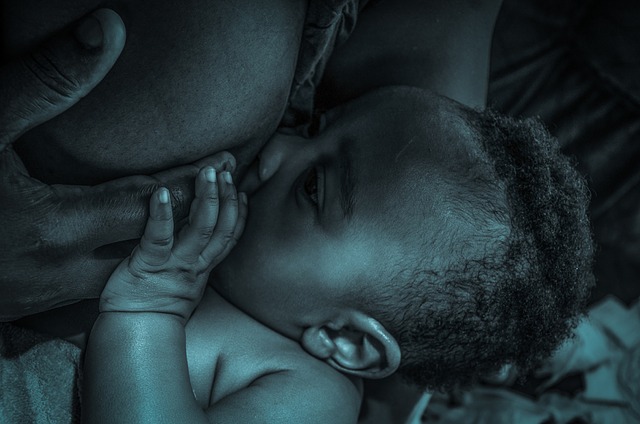Life should get easier for working mothers in Kenya as lawmakers pass a historic bill requiring employers in the country to designate breastfeeding stations within the workplace premises.
Meaning babies will no longer have to make do with stored breast milk or animal’s (read cow’s) milk as a substitute for their mother’s tits during working hours. Now working mothers can easily juggle between getting their work done and taking breaks in between to breastfeed their babies.
The bill also states that the breastfeeding stations must be fully equipped with all necessary facilities including but not limited to wall power outlets for the breast pumps, refrigerators, and comfortable seats. This facility must be within proximity of the mother’s workstation; in other words, it must be within the office premises.
In part, the bill reads, “All employers shall in the workplace establish lactation stations, which shall be adequately provided with necessary equipment and facilities.
An employer shall grant all nursing employees break intervals in addition to the regular times off for meals to breastfeed or express milk.”
However, the clause also specifies that these breastfeeding breaks will not go for more than one hour for every eight working hours.
There are some companies in Kenya that are already providing breastfeeding facilities to mothers. This legislation has just made it mandatory for all employers across Kenya.
The clause seeks to increase the time mothers spend with their babies as well as help the baby get nourishment from the mother. Currently, most working mothers are forced to leave their babies at home with the nannies, and even have to reduce their child’s breastfeeding period. Something that health experts warn against as it could lead to complications in the child’s health.
The bill has only been passed by the parliament and is now waiting for the Presidential assent to become an effective law in Kenya.



